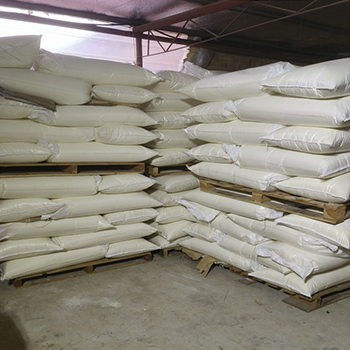Warning: Undefined array key "title" in /home/www/wwwroot/HTML/www.exportstart.com/wp-content/themes/1198/header.php on line 6
Warning: Undefined array key "file" in /home/www/wwwroot/HTML/www.exportstart.com/wp-content/themes/1198/header.php on line 7
Warning: Undefined array key "title" in /home/www/wwwroot/HTML/www.exportstart.com/wp-content/themes/1198/header.php on line 7
Warning: Undefined array key "title" in /home/www/wwwroot/HTML/www.exportstart.com/wp-content/themes/1198/header.php on line 7
Aug . 14, 2024 22:52 Back to list
Exploring the Uses and Benefits of Propylene Glycol in Various Industries and Applications
Understanding Propylene Glycol A Versatile Compound
Propylene glycol, an organic compound with the chemical formula C3H8O2, is a colorless, odorless liquid that is hygroscopic and miscible with water, acetone, and chloroform. This versatile compound is widely used across various industries, including food, pharmaceuticals, cosmetics, and industrial applications, making it a significant component in everyday products.
Chemical Properties and Safety
Propylene glycol is classified as a diol, a type of alcohol containing two hydroxyl (-OH) groups. Due to its simplified structure and properties, it is generally recognized as safe (GRAS) by the U.S. Food and Drug Administration (FDA). Unlike ethylene glycol, which is toxic and used primarily in antifreeze, propylene glycol is non-toxic and safe for human consumption in regulated amounts. This makes it an ideal choice for applications in food and beverage production, where it is often used as a humectant, solvent, and preservative.
Applications in the Food Industry
In the food industry, propylene glycol serves multiple functions. It is commonly used as a food additive (E1520) to retain moisture, enhance flavors, and stabilize ingredients. You can find it in a wide range of products, including baked goods, salad dressings, and frozen foods. Its ability to absorb water helps prevent dryness and spoilage, extending the shelf life of various food items. Additionally, it serves as a carrier for flavors and colors, ensuring even distribution throughout the product.
Role in Pharmaceuticals and Cosmetics
Propylene glycol plays a crucial role in the pharmaceutical industry as well. It is often used as a solvent for oral, injectable, and topical medications. Its low toxicity allows for safe use in formulations that require high concentrations of active ingredients. Moreover, it enhances the absorption of drugs, making it an effective delivery agent.
propylene glycol deutsch

In the cosmetic sector, propylene glycol is frequently found in skincare products, hair care formulations, and makeup items. It acts as a moisturizer, helping to retain skin hydration and improve product texture. Its ability to dissolve other substances makes it an effective carrier for active ingredients, ensuring they penetrate the skin effectively.
Industrial Uses
Beyond the food and pharmaceutical industries, propylene glycol is used in various industrial applications. It serves as an antifreeze and coolant in automotive and HVAC systems due to its low freezing point. Additionally, it is utilized in manufacturing plastics, resins, and fibers. Its unique properties make it suitable for use in hydraulic fluids, paints, and de-icing solutions.
Environmental Considerations
Despite its numerous benefits, the environmental impact of propylene glycol must also be considered. As a biodegradable compound, it is less harmful to the environment compared to its toxic counterparts, such as ethylene glycol. Its production process, primarily derived from petroleum or bio-based sources, also raises discussions about sustainability. Ongoing research and development aim to minimize the environmental footprint of its production and enhance the viability of bio-based alternatives.
Conclusion
In summary, propylene glycol is a multi-functional compound with a wide range of applications across various industries. Its safety profile, coupled with its effectiveness as a humectant, solvent, and stabilizer, makes it indispensable in food, pharmaceuticals, cosmetics, and industrial settings. As industries continue to evolve, ongoing research will play a vital role in addressing environmental concerns and exploring sustainable production methods, ensuring that propylene glycol remains a key ingredient in modern formulations.
Latest news
-
Certifications for Vegetarian and Xanthan Gum Vegetarian
NewsJun.17,2025
-
Sustainability Trends Reshaping the SLES N70 Market
NewsJun.17,2025
-
Propylene Glycol Use in Vaccines: Balancing Function and Perception
NewsJun.17,2025
-
Petroleum Jelly in Skincare: Balancing Benefits and Backlash
NewsJun.17,2025
-
Energy Price Volatility and Ripple Effect on Caprolactam Markets
NewsJun.17,2025
-
Spectroscopic Techniques for Adipic Acid Molecular Weight
NewsJun.17,2025

